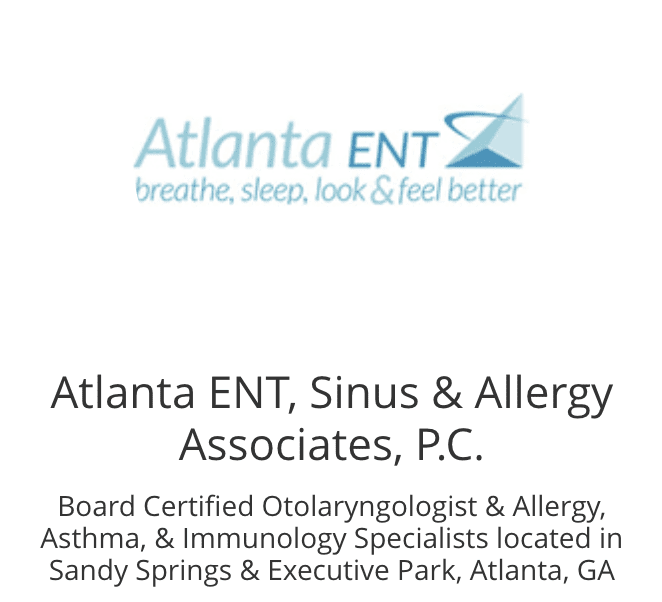
Having a runny nose, sore eyes, and nasal congestion is bad enough when you get an acute attack of rhinitis, but becomes much worse when it develops into a chronic problem. If you have chronic rhinitis, Ramie A. Tritt, MD, of Atlanta ENT, Sinus & Allergy Associates, P.C. can help. The board-certified otolaryngologists and their team have considerable experience in helping patients with both allergic and nonallergic chronic rhinitis. Call one of their two offices in Atlanta, Georgia, to find out more or schedule a consultation using the online booking form.
Chronic Rhinitis Q & A
What is chronic rhinitis?
Chronic rhinitis is a condition where the tissues lining your nasal passages become inflamed and stay that way for more than four weeks. Typical symptoms of chronic rhinitis can include:
- Nasal congestion
- Watering eyes
- Red, irritated, or itchy eyes
- Sneezing
- Runny nose
- Postnasal drip
- Chronic cough
- Headaches
The symptoms you have can vary depending on the cause of your chronic rhinitis.
What causes chronic rhinitis?
Chronic rhinitis is most likely to be the result of an allergy. Allergies like hay fever (seasonal allergic rhinitis) are widespread, but it's not just pollen that can cause allergic rhinitis. Mold spores, dust, and pet dander are also frequent triggers.
Allergies like these develop when your immune system overreacts to these or other particles you breathe in. Your body responds by releasing histamine, a chemical that causes the unpleasant symptoms of rhinitis.
However, it's also possible to have nonallergic rhinitis, which causes similar symptoms but isn't an immune system response. Instead, swelling and congestion occur due to the enlargement of the blood vessels inside your nasal passages.
Nonallergic rhinitis is likely to be triggered by substances like smoke or air pollution. It could also develop as a symptom of structural problems like enlarged turbinates or a deviated septum inside your nose, which might require surgery.
In many cases, the cause isn't clear. Allergy testing at Atlanta ENT, Sinus & Allergy Associates, P.C. can determine whether your chronic rhinitis is due to an allergy. This is important in making the right treatment choices.
How is chronic rhinitis treated?
If your chronic rhinitis is due to an allergy, antihistamine medication can combat your body's histamine production. Nasal sprays or oral medications containing antihistamine are available over-the-counter or by prescription from Atlanta ENT, Sinus & Allergy Associates, P.C.
Decongestants can be helpful for short periods, but there’s a danger that using these medications for more than three days could end up making your chronic rhinitis worse.
If these treatments aren't relieving your symptoms, or you have nonallergic chronic rhinitis, steroid nasal sprays might help. Steroids have a powerful anti-inflammatory effect that can reduce the swelling in your nasal passages and relieve congestion.
Another option for chronic allergic rhinitis is immunotherapy. This involves a course of allergy shots or capsules that melt under your tongue. The shots and capsules contain tiny amounts of the allergen that triggers your rhinitis, so your body becomes gradually desensitized over time.
In the office under local anesthesia, VivAer, RhinAer, ClariFix and Neuromark procedures also are available to reduce nasal congestion and the swelling in your nasal passages due to chronic rhinitis.
To get relief from the symptoms of chronic rhinitis, call Atlanta ENT, Sinus & Allergy Associates, P.C. today or book an appointment online.

